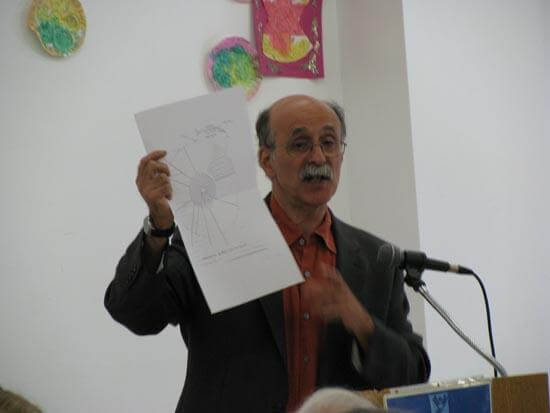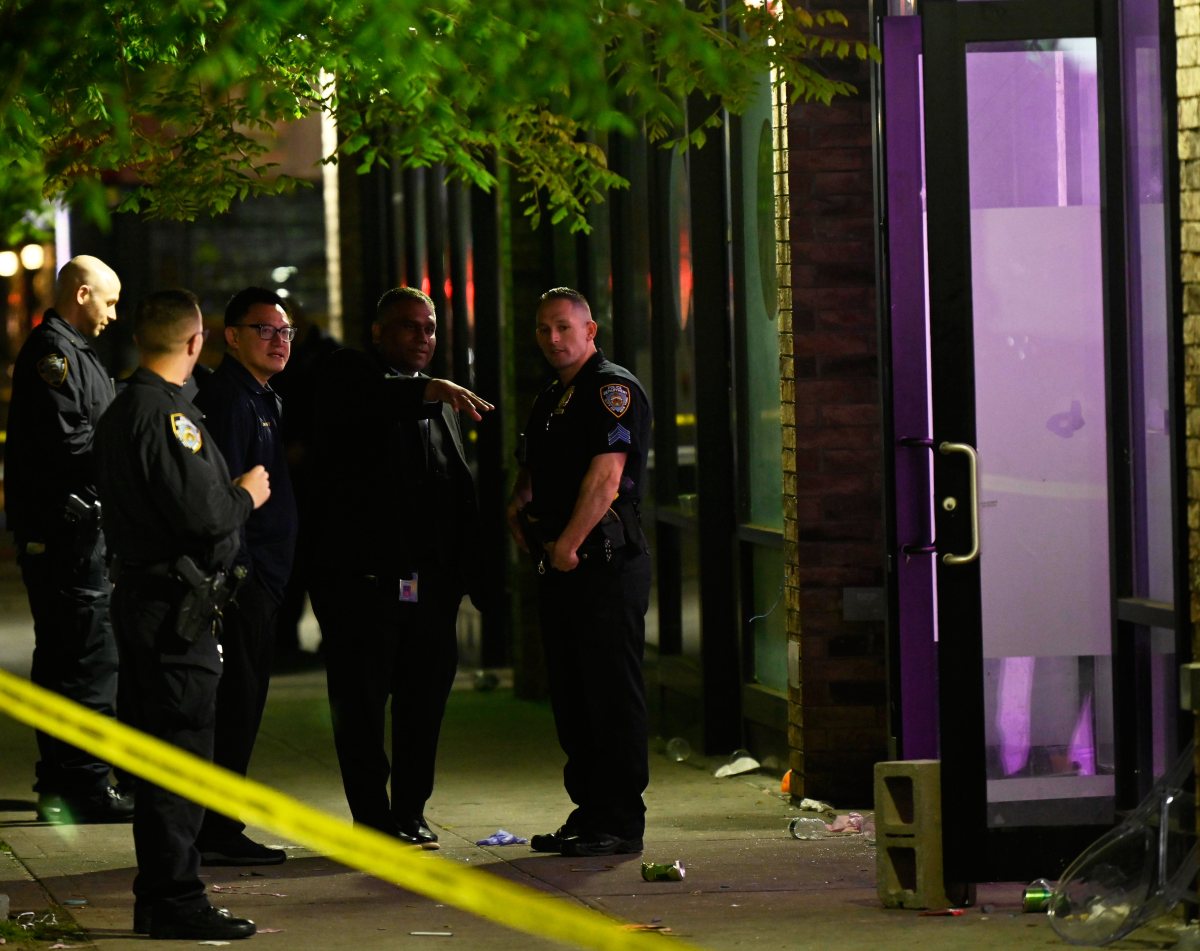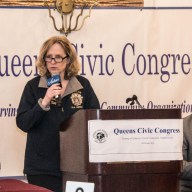By Philip Newman
It was a late spring Friday evening at Sing Sing with trainload after trainload of the outraged and the merely curious joining the throngs of protesters outside the prison’s grim walls.
Inside Julius Rosenberg, 35, and his wife, Ethel, 37, were put to death in the electric chair after being convicted of conspiracy to steal atomic bomb secrets and turn them over to the Soviet Union.
The executions in the notorious prison in Ossining, N.Y., 60 miles up the Hudson River from New York City, had been scheduled to begin one minute before the beginning of the Jewish Sabbath.
Rosenberg died first after two jolts of 2,000 volt electricity followed by Ethel, who required five such shocks to die.
The deaths on June 19, 1953 came after 22 legal appeals and a last clemency appeal to President Dwight Eisenhower. He refused.
Many were horrified at what they saw as the severity of the death penalty. Indeed, Pope Pius XII asked clemency and U.S. embassies in several European cities beefed up security in the face of protest demonstrations.
More than 5,000 people protested in Union Square.
Robert, the younger of their two sons, was six years old at the time and his older brother, Michael, was told not to explain to his little brother what was happening to their parents.
After living with relatives, the boys were adopted by and took the name of Anne and Abel Meeropol, who raised them.
Robert Meeropol, now 62, has spent his life investigating his parents’ prosecution and deaths and attempting to establish that justice was compromised because of what many called an era of McCarthyism, an anti-communist Cold War hysteria.
Meeropol, who spoke at Central Queens YM & YWHA in Forest Hill, June 9, acknowledged new revelations in the Rosenbergs case since publishing his book, “An Execution in the Family: One Son’s Journey” in 2003.
“I used to hope that when we finally got to the bottom of what really happened in my parents’ case, the facts would show their unequivocal innocence,” Meeropol wrote.
“I no longer feel that way. Now I’d rather my parents had been conscious actors than innocent victims.”
Meeropol, in discussing the case at the Forest Hills event, said he and his brother had not been shocked at the recent revelations, but “we keep learning more.”
Perhaps the most significant was an interview with Morton Sobell in The New York Times last Sept. 12.
Sobell, who was convicted along with the Rosenbergs and served more than 18 years in federal prisons, had long insisted he was innocent.
But in The Times interview, 91-year-old Sobell was asked if he had actually been a spy.
“Yeah, yeah, yeah, call it that,” he told the Times. “I never thought of it as that in those terms,” Sobell replied. This was a period in which the Soviet Union was a U.S. ally.
Was Ethel Rosenberg a spyi
Meeropol said the prosecution knew it had an extremely weak case when it came to his mother.
David Greenglass, her brother, admitted on “CBS 60 Minutes” that he lied when he testified that Ethel typed up some classified papers in the couple’s Lower East Side apartment.
Sobell said that if she was guilty of anything, it was “being Julius Rosenberg’s wife.”
“But the prosecution used my mother in a great effort to force my father to expose and implicate more people – they wanted the story to be Huge Spy Ring Exposed,” Meeropol said.
“My father did not agree to talk as Greenglass did, so my father ended up being the main defendant.”
Some of the overflow audience at the Forest Hills Y asked if the Rosenbergs were executed because they were Jewish.
“As for being Jewish, anti-Semitism has risen and fallen in America, but it certainly seemed that the Jews involved in the trial might have been trying to demonstrate they were real Americans,” Meeropol said. “Judge Kaufman was Jewish and the chief prosecutor was Jewish. Judge Irving Kaufman lectured my parents at their sentencing, telling them, ‘I consider your crime worse than murder.’ And he went on the blame them for the Korean War, which was then raging with the ultimate cost of 50,000 American lives.”
In a 2008 interview, Meeropol was quoted as saying, “The central lesson of this episode is that our government abused its power in dangerous ways that remain relevant today. Those in power targeted our parents, making them the focus of the public’s Cold War-era fear and anger. They manufactured testimony and evidence. They arrested our mother simply as leverage to get our father to cooperate.
“They used the ultimate weapon — the threat of death — to try to extort a confession. They created the myth that there was a key ‘secret’ of the atomic bomb, and then devised a strategy to make it appear that our father had sought and passed on that ‘secret.’ They executed our father when he refused to collaborate in this lie. They executed our mother as well, even though they knew that she was not an active participant in any espionage activities.”
And what of the new information about the Rosenberg casei
“I would say that after all the years, it’s been almost a relief,” Meeropol said.
Reach contributing writer Philip Newman by e-mail at timesledgernews@cnglocal.com or by phone at 718-229-0300, Ext. 136.
































